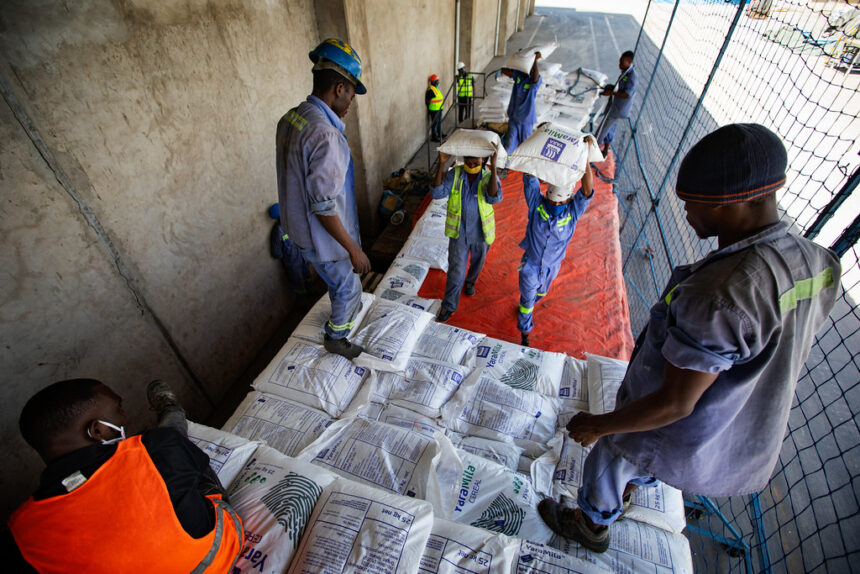Tanzania’s government has allocated an additional Sh195.65 billion towards its fertilizer subsidy program, bringing the total expenditure to Sh345.647 billion as of April 2023. The move was prompted by high demand from farmers.
President Samia Suluhu Hassan first introduced the program in the 2022/23 season and aims to increase productivity and efficiency in the agricultural sector, improve food security, and boost access to raw materials for domestic industries. In his budget speech to parliament on May 8, 2023, Agriculture Minister Hussein Bashe stated that the funds had been used to purchase 342.73 million tonnes of fertilizer, benefiting 782,553 farmers throughout the country. Regions that have benefited the most from the program include Ruvuma, Mbeya, Njombe, Songwe, and Iringa.
The Tanzanian government expects its agricultural initiatives to increase traditional cash crop production from 951,727.8 tonnes in 2022/23 to 1.579 million tonnes in 2023/24. The ministry also aims to raise sisal production to 60,000 tonnes, while cotton and cashew production is forecast to reach 400,000 tonnes from 174,921.5 tonnes and 175,269 tonnes, respectively. Sugar production is expected to increase to 465,000 tonnes from 456.03 tonnes in the previous year.
Despite the anticipated growth, legal action has been taken against 11 fertilizer dealers who violated the Tanzania Fertilisers Act while distributing subsidized fertilizers in Ruvuma, Mbeya, Songwe, Njombe, and Dodoma regions. Some of these cases are under investigation, while others have been charged and are currently at different stages of resolution.
The Tanzania Fertilizer Regulatory Authority (TFRA) has launched the farmers’ registration season for the second round of fertilizer distribution. The exercise seeks to address challenges faced during the 2022/23 season, including reaching farmers in remote regions, reducing the distances traveled in search of subsidized fertilizer, and eliminating deceit.


